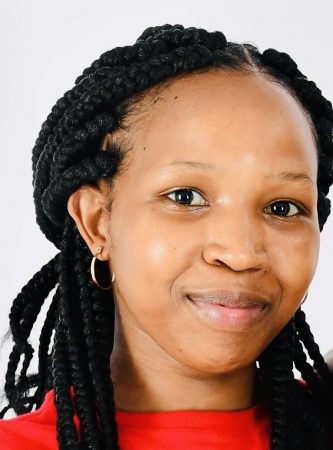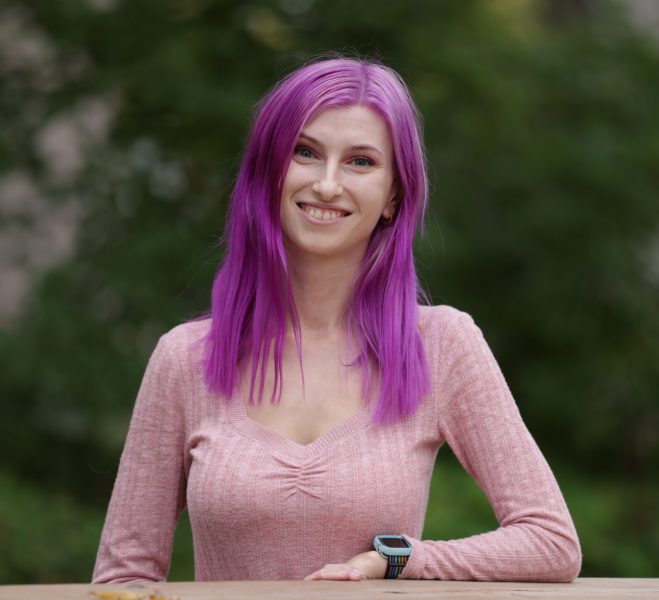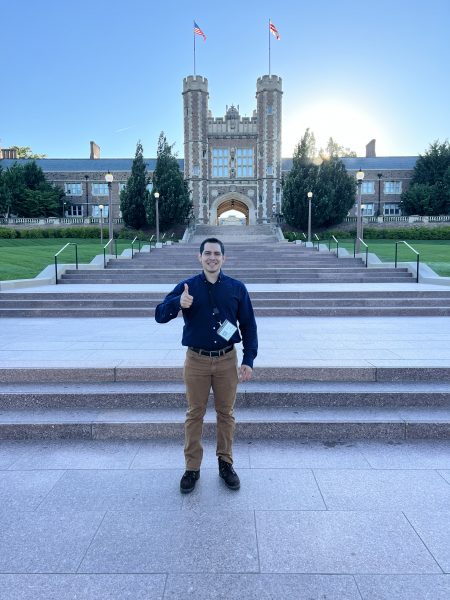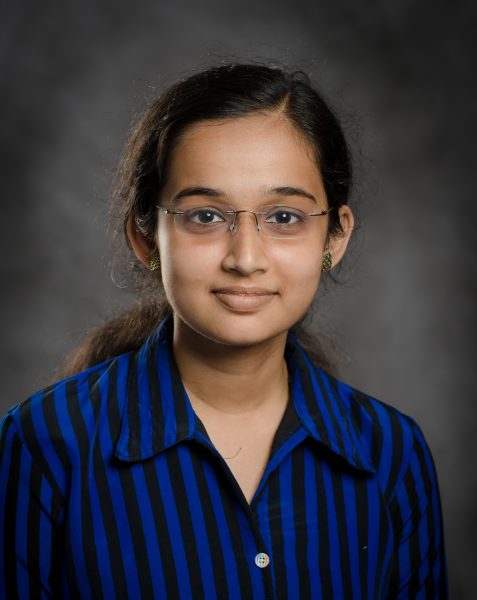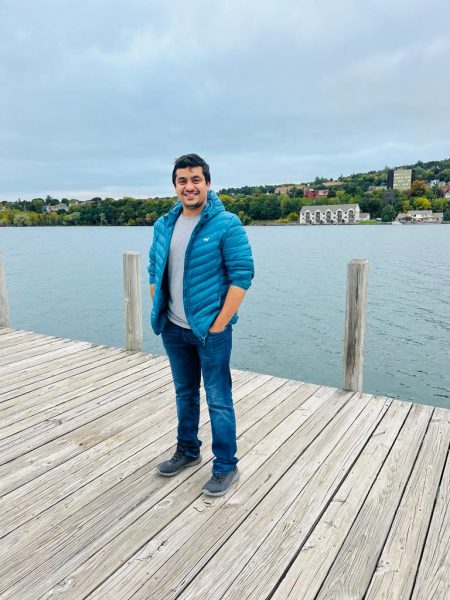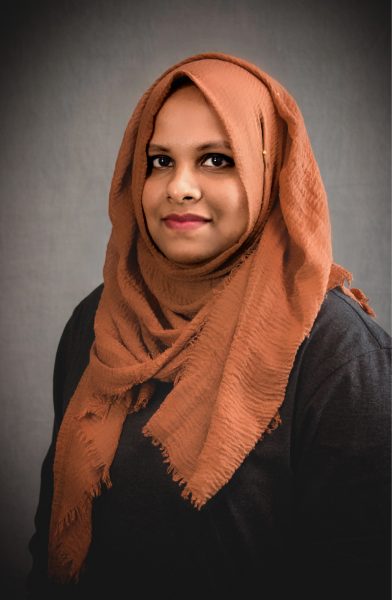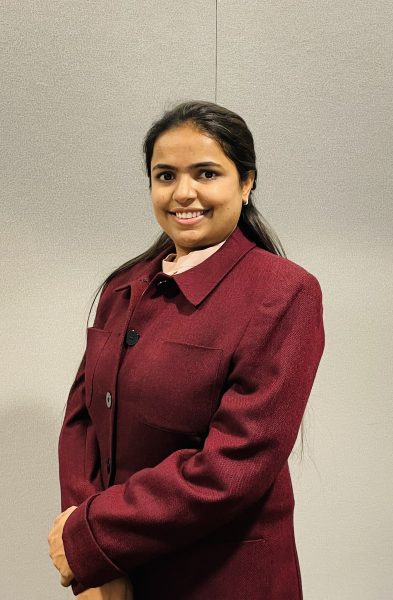I extend my sincere gratitude to the Graduate Dean Awards Advisory Panel and the Dean for awarding me the Doctoral Finishing Fellowship. This recognition is such an honor as it will afford me the dedicated time and resources necessary to complete my dissertation, prepare for the defense, and transition into the next phase of my scientific journey.
My heartfelt appreciation goes to my research advisor, Dr. Mark Tang, whose support and guidance have been instrumental throughout the four years of my doctoral degree. My appreciation also extends to the Almighty God, my family and friends, my esteemed committee members, the entire Biological Sciences Department, and all individuals who have played a pivotal role in shaping my academic trajectory.
My research journey in Dr. Mark Tang’s lab has been a profoundly enriching experience, allowing me to acquire a diverse skill set while contributing to multiple research projects. My Ph.D. research focuses on addressing cancer heterogeneity and the need for personalized therapies based on each patient’s unique genetic and molecular disease characteristics. Specifically, I am investigating the role of Liver Kinase B1 (LKB1), a vital protein in cellular metabolism and tumor suppression. The journey has been immensely rewarding, from designing and executing experiments to collaborative efforts with peers and mentors in translating scientific findings into tangible advancements for cancer treatment.
I am genuinely excited about the potential outcomes of my research, particularly its application in clinical trials, contributing to the evolution of novel strategies for personalized cancer treatment. As a native of Kenya, a country where diseases like cancer continue to pose a significant threat to the global population, I feel a profound sense of responsibility to contribute to my community’s well-being. My ultimate goal is to make a lasting impact on global health by developing innovative therapies and treatments.
Beyond my research endeavors, I have relished the opportunity to serve as a Teaching Assistant and facilitating WriteD sessions for the Biological Sciences and Biomedical Engineering Department. These experiences have not only contributed to my growth as a scientist but have also allowed me to engage meaningfully with my peers.
I am thankful for the opportunities afforded to me during my graduate program. The comprehensive training I have received has provided a solid foundation for realizing my research aspirations. As I look ahead, I am confident in my ability to contribute meaningfully as a research scientist and eagerly anticipate the future chapters of my scientific journey.
